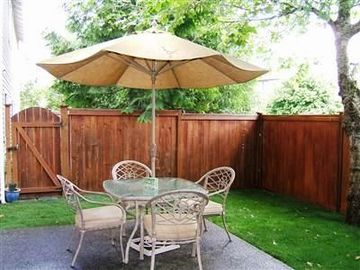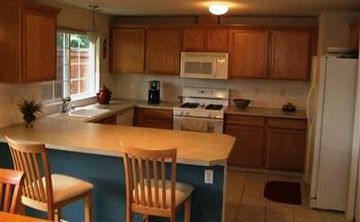Later this month, the Northwest MLS will be releasing a newly revised purchase and sale agreement. Of particular interest to me, as a lender, is the following on the Financing Addendum (Form 22A, page 1, paragraph 1):
"Buyer may not change the type of loan or the lender without the Seller’s prior written consent after the agreed upon time to apply for financing expires."
This is important for sellers because they would naturally assume from a preapproval letter that financing is proceeding. However, if the buyer decides to switch lenders for whatever reason, the seller is unaware that the buyer is not moving forward based on the preapproval letter that was originally presented with the mutually accepted purchase and sale agreement.
In order to avoid giving the seller a reason to balk at a transaction in progress, it looks to me like the buyer had better be preapproved and have their financing figured out prior to writing up a purchase and sale agreement. They should avoid program changes…and also…switching lenders mid-stream.















Recent Comments